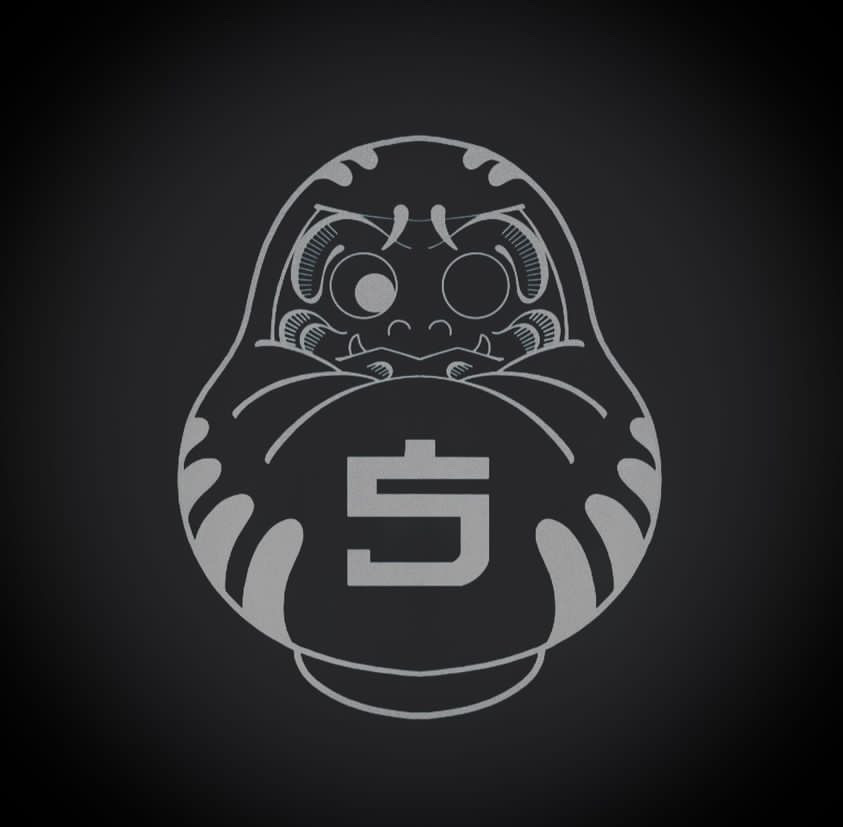Japanese Tattoos: A Timeless Art Form
Japanese tattoos, also known as Irezumi, are a rich and complex art form with a history. These tattoos are distinguished by their detailed designs, profound symbolism, and their unique style. Wes Thomas, a respected artist at Tattooshop 't Schoffie, has specialised in this ancient art form and offers his clients an authentic Japanese tattoo experience.




History of Japanese Tattoos
The origins of Japanese tattoos can be traced back to the Jomon period (about 10,000 BC to 300 BC), where archaeological finds indicate the use of tattoos for spiritual and decorative purposes. During the Edo period (1603-1868), Irezumi reached its peak. Tattoos became popular among workers and gangsters, but also among the general population as a form of expression and protection.
In modern times, Japanese tattoos have found a worldwide audience, with traditional designs being appreciated for their artistic and cultural value.
Symbolism and meaning
Japanese tattoos are known for their rich symbolism. Some of the most popular motifs include:
- Dragons: Japanese dragon tatoo symbolises strength, wisdom and protection.
- Kois: These fish represent perseverance and luck, often pictured swimming against the current.
- Sakura (cherry blossom): Japanese blossom tattoo is a symbol of the transience of life, beauty and the cycles of existence.
- Tigers: Represent courage and strength, often chosen to protect the wearer from misfortune and evil spirits.
- Hannya masks: These masks depict female demons and symbolise strong emotions such as jealousy and passion.
Each tattoo is carefully designed not only to be visually impressive, but also to convey deep, personal meanings.
The Process of a Japanese Tattoo
Getting a Japanese tattoo is a careful process that starts with a consultation. Wes discusses with his clients their ideas, symbolism and desired style. He then creates a detailed design that is both aesthetically pleasing and meaningful.
After approval of the design, an appointment is made for the tattoo session. Depending on the complexity and size of the tattoo, the process may take several sessions. Wes makes sure his clients feel comfortable and at ease during each session.
